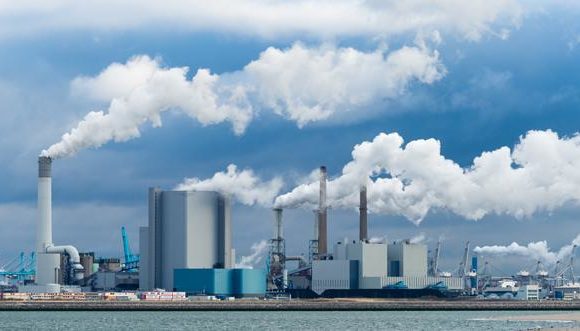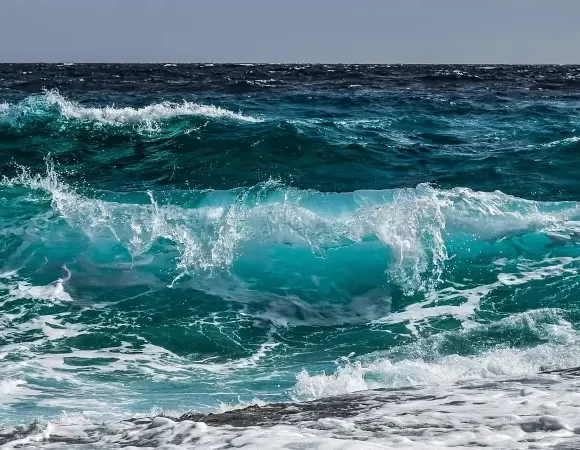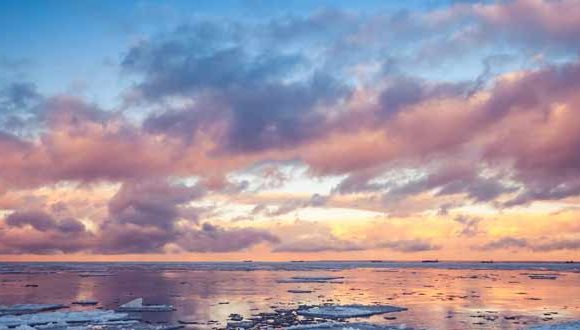The Intergovernmental Panel on Climate Change (IPCC) Report Is Out and Here’s What We Learned From It
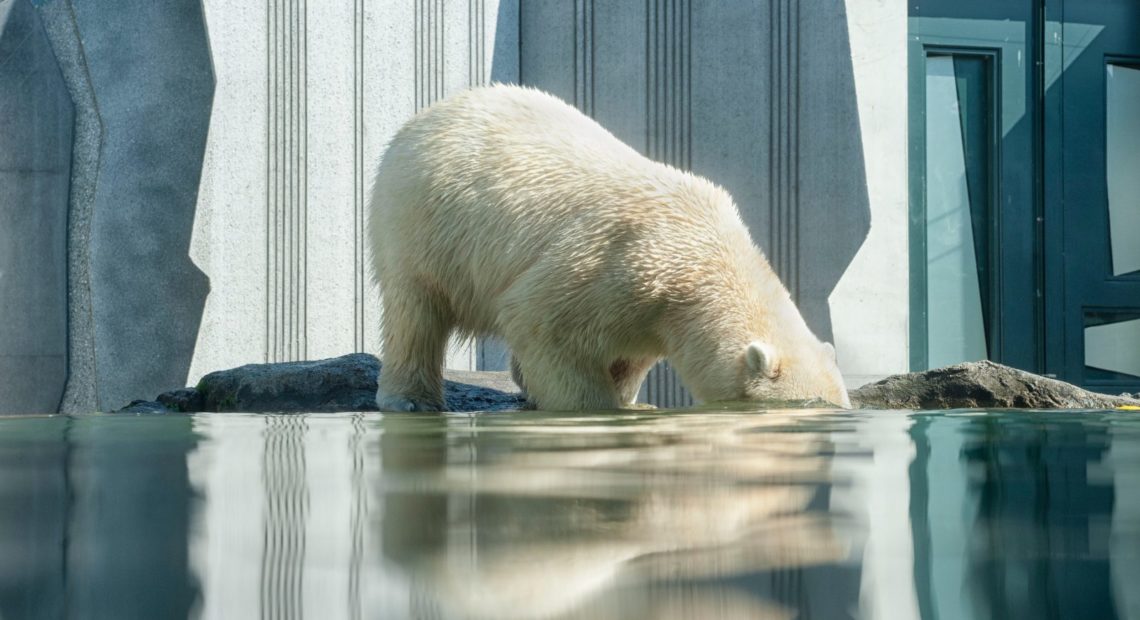
We’ve seen disasters destroy towns and animal populations vanish because of the effects of climate change—and the worse is, this is only the beginning.
For many years, we’ve watched as the earth’s temperature continues to rise causing the ice caps to melt and the weather to change so drastically.
The Intergovernmental Panel on Climate Change (IPCC) has recently released what could be the most important report regarding rising temperatures. The study launched in South Korea tackles the impacts of rising temperatures and what possible methods can be done to keep temperatures from increasing to by more than 1.5C.
It’s gives us a fair warning about the impact of climate change.
The 33-page summary of the IPCC’s study is, without a doubt, the most significant warning we’ve had on the impact of climate change over the last 20 years. Amjad Abdulla, one of the lead authors of the report from the Maldives said: “It is seriously alarming. The small islands will be the first, but nobody can escape; it is quite clear.”
If the temperatures reach more than 1.5C, the dangers to the world will be quite catastrophic. But there is a tinge of hope somehow, that is if we keep the temperature below its threshold.
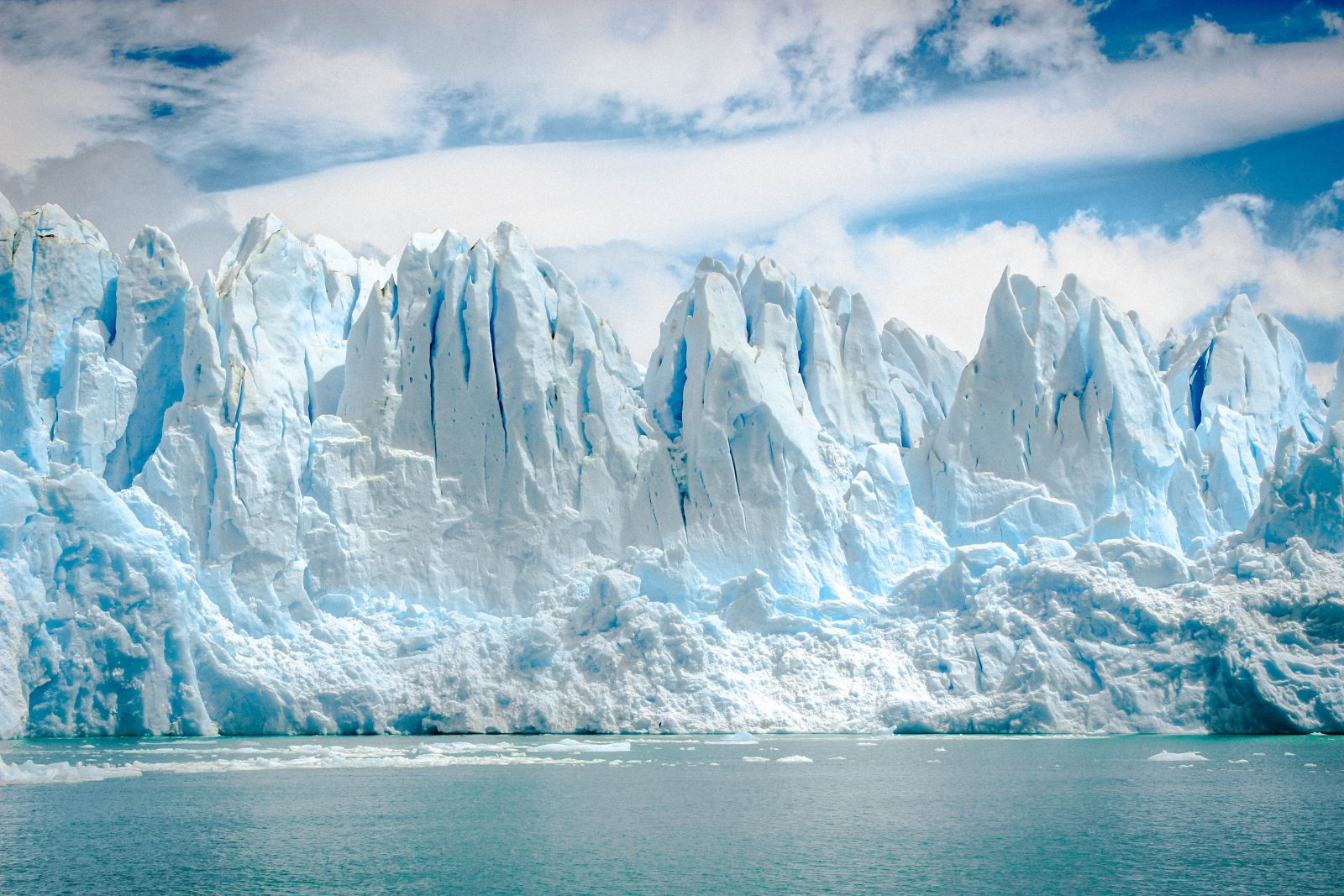
Photo by Alto Crew on Unsplash
According to IPCC author Natalie Mahowald, “we face a really large challenge but it is not impossible to limit warming to 1.5 degrees. I wouldn’t want to be too optimistic as it will require huge changes, but if we won’t do it, that will also require huge changes.”
It tells us that we need to do something, no matter how small.
The report extensively explains the differences between allowing temperatures to rise above 2C and keeping it just within 1.5C. “Every bit of extra warming makes a difference,” Dr. Hans-Otto Portner points out, so every bit of effort that helps keep the world’s temperature lower really counts a lot.
It shows us that we need all our options done, not just one.
IPCC Co-chair Professor Jim Skea said: “All options need to be exercised in order to achieve 1.5C.” This means that all possible methods that experts have discovered to help lower down the earth’s temperature should be done, not just one of them. From cutting down emissions to planting trees, all of that has to be implemented if we want to prevent further warming.
It urges us to make lifestyle changes now.
If there is any key takeaway from this report, it all boils down to lifestyle choices that contribute to warming. The authors specifically pointed out for key parts of the society where rapid changes should take place: land use, industry, cities and energy generation. Dr. Debra Roberts said that, “It’s not about remote science; it’s about where we live and work.”
The experts say that using lesser energy to cut down its demand is a good first step to take.
It’s also all about being more aware of personal choices like what you eat, how you travel and the other things that contribute to energy use.
Photo by Jacqueline Godany on Unsplash
More on Intercontinental Panel on Climate Change
Further reading: UN Climate Action Summit

